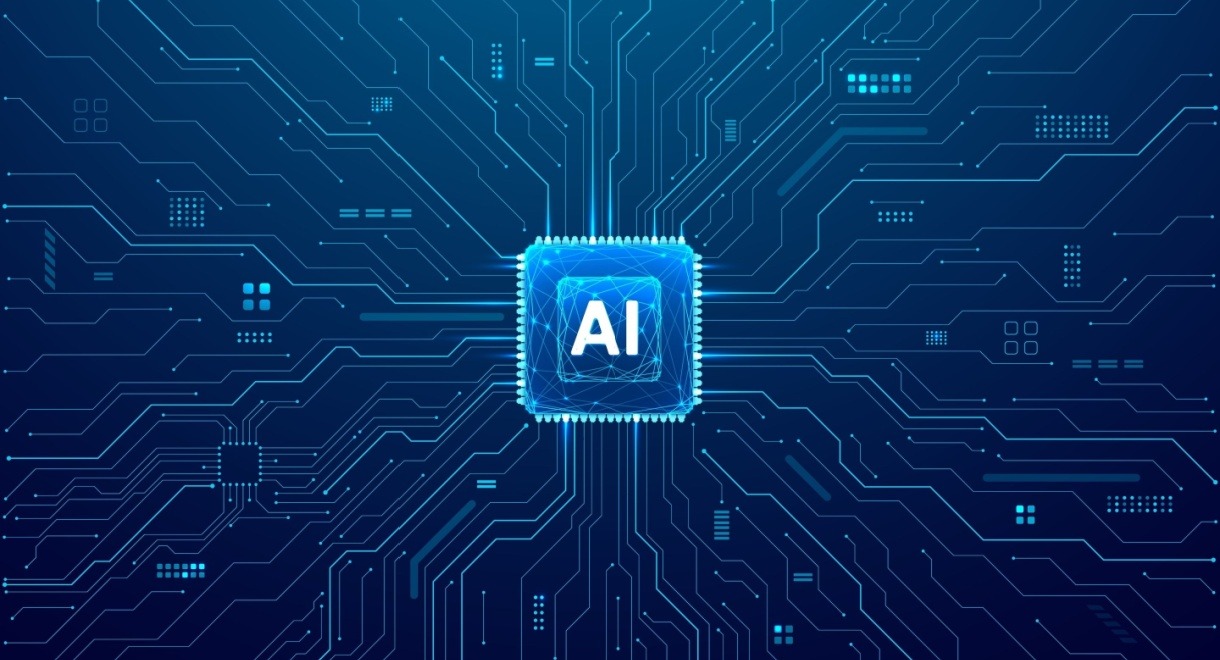
Over in the Health Service Journal, Luke O’Shea of UCLH asks why it is proving so hard for the NHS to benefit from AI technology.
He cites the Royal College of Radiologists pointing out “that the infrastructure is not there yet with fragmented, ageing IT systems and painfully slow progress of trusts to cloud computing”.
Below, in the comments, Craig Nikolic adds that AI is “immensely susceptible to poor data, inconsistent data, inconsistent pathways, and frankly it’s awful at being reliable when exposed to that. The ancient tech saying must apply: garbage in, garbage out.”
Happily these problems can be solved without wholesale replacement of the NHS’s tech, and Insource have long experience of doing it. We automatically acquire, clean up, comprehensively standardise and unify NHS data from fragmented systems – including some very elderly ones – and our data management platform can easily move to the cloud, or back again if you change your mind.
Proper standardisation is key, and we go far beyond the usual one or two transformations. We typically put the source data through nearly two dozen meticulous transformations, recalculating key data items from scratch and injecting configured localisations along the way. So the structure and meaning of the resulting data is the same, whether it comes from one PAS/EPR or another, or a finance or workforce system, or an acute or mental health trust, or even a housing manager or bank.
Why do we go to such lengths? Because this isn’t just about getting data ready for AI. Any modern NHS application – from pathway management, to advanced analytics, to statutory reporting – relies on consistent data even if the underlying systems change over time, or vary from one organisation to another.
Your organisation may or may not be ready for AI, but it does need reliable data. So get in touch, and we can start mapping out your journey towards the standardised and unified data that you will need into the future.
